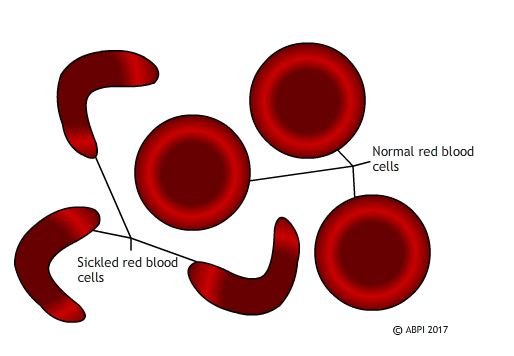This topic takes on average 55 minutes to read.
There are a number of interactive features in this resource:
 Biology
Biology
 PSHE / Citizenship studies
PSHE / Citizenship studies
 Science (applied)
Science (applied)
There are a number of genetic diseases which we now know are caused by a defect at a single gene locus. These diseases include haemophilia A, cystic fibrosis, Duchenne muscular dystrophy, sickle cell disease, Huntington’s disease and SCID (severe combined immunodeficiency). Gene therapy offers the hope of introducing healthy genes into the cells of people affected by the diseases, enabling them to function normally and restoring the patient to health. New technologies such as CRISPR-Cas9 are making it easier for scientists to manipulate the genome accurately and safely.
One of the first diseases targeted for gene therapy was cystic fibrosis (CF). For a considerable time, success was very limited. However, from 2015, results have been more promising. Researchers are using different approaches to carry the healthy genes into the lung cells of affected patients. Some are using viruses, some are using lipid bubbles. In 2015, one group recorded lung function in a group of patients treated by gene therapy as 3.7% better than the placebo group. This isn’t much, but for patients with CF, every little bit makes a real difference. 2017 sees the start of a new round of human trials using different, and hopefully more effective, vectors to transmit healthy genes into the lungs of CF patients.
There are a number of trials showing real promise in using gene therapy to treat some of the many forms of inherited blindness. Another disease where gene therapy showed great initial promise was in the treatment of severe combined immunodeficiency (SCID). Major problems arose, with some patients developing leukaemia – but scientists and doctors persisted and now there are continuing clinical trials of versions of gene therapy for SCID which are showing promise in both infants and older children.
In 2017, scientists announced the successful treatment of a teenage boy who was severely affected by the genetic disorder sickle cell disease. Doctors removed some of his bone marrow, added new genes to the cells to code for healthy beta-globin, and then replaced the bone marrow. Fifteen months later the cells are still making healthy haemoglobin and the boy is free from symptoms.
For more information, check out the following content in our Genetic engineering resource:

There are many ethical questions about using such new and experimental techniques on patients who are already very sick. Here are two pairs of commonly expressed opinions, one in favour of treatments such as gene therapy and one against. Use the resources listed below – and any others you chose to use – to find out more about gene therapy and the progress made so far. Then from each pair of statements chose the one closest to your own viewpoint. Write one or two paragraphs expressing your opinion, putting forward the main arguments for and against the idea and justifying your position.
|
A:
|
|
|
B:
|
|
